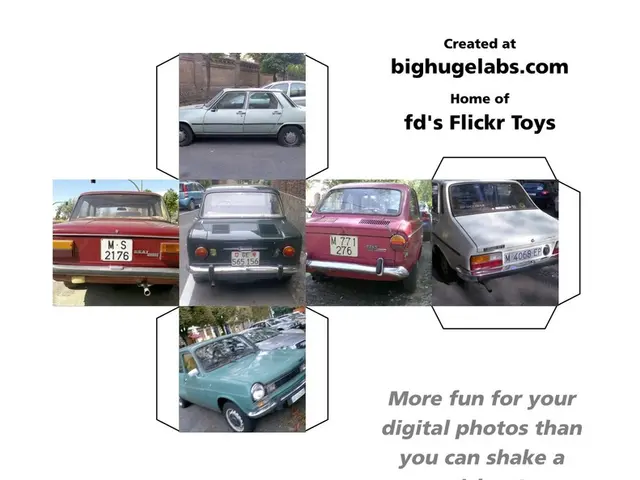Pushing for ADAC Super E10 Adoption: Reasons Behind the Campaign - Fuel shift: Reason behind ADAC Super E10 promotion
ADAC Urges Increased Use of Super E10 Fuel
ADAC, Germany's auto-club, has called for the promotion of Super E10 fuel over the commonly used Super E5. Christian Reinicke, ADAC's President, maintains that Super E10, compatible with vehicles manufactured from 2011, offers numerous environmental and economic benefits, while Super E5, containing only up to 5% biofuel, is both more expensive and climate-damaging.
Presently, gas stations are obligated to provide E5, capped at a 5% biofuel content. According to Reinicke, this regulation is no longer viable, and the obligation should be transferred to Super E10 in the first instance. If necessary, further measures, potentially stricter ones, may be required to drive the shift. Reinicke remains ambiguous about the potential for a ban, merely stating that it's essential to explore climate-friendly alternatives consumers may accept at fuel stations.
In 2023, E10 accounted for 26.4% of domestic gasoline deliveries, representing minimal growth compared to its 27.4% share in the previous year. In contrast, E5 accounted for 67.5% of domestic deliveries, with Super Plus at around 5.1%. In 2020, the market share of E10 was only 13.9%.
Citing Austria as a role model, Reinicke emphasizes that their gas stations no longer have an obligation to offer E5, with no reported issues. Reinicke and the Federal Association of Independent Gas Stations (bft) both agree that the fuel market should be left to the market economy, enabling customers and fuel stations alike to decide their preference.
The bft also advocates for fuel-types like HVO, a renewable diesel, claiming that E5 ties up tank capacities and necessitates significant investments for HVO introduction. The Wirtschaftsverband Fuels and Energy, representing major players in the mineral oil industry, also supports the abolition of the obligation to offer E5, claiming it will give gas station operators greater flexibility to respond to changing consumer demands and provide innovative, climate-friendly fuels.
- ADAC proposes that community policy should prioritize the increased use of Super E10 fuel, as opposed to the commonly used Super E5, due to its environmental and economic benefits, and the latter's higher cost and climate impact.
- Reinicke suggests that the current regulation obligating gas stations to provide E5, with a 5% biofuel content, is outdated and that the obligation should be transferred to Super E10 initially, with stricter measures potentially imposed to encourage the shift.
- In the context of the industry and the environment, it's crucial to investigate the potential for climate-friendly alternatives, such as renewable energy sources like Super E10, that consumers might accept at fuel stations.
- Environmental science provides insights into the advantages of using Super E10, which, according to Reinicke, is compatible with vehicles manufactured from 2011 and beyond.
- The federal association of independent gas stations (bft) advocates for the adoption of fuel types like HVO (renewable diesel) in the energy sector, as the obligation to offer E5 ties up tank capacities and necessitates substantial investments for HVO introduction.








